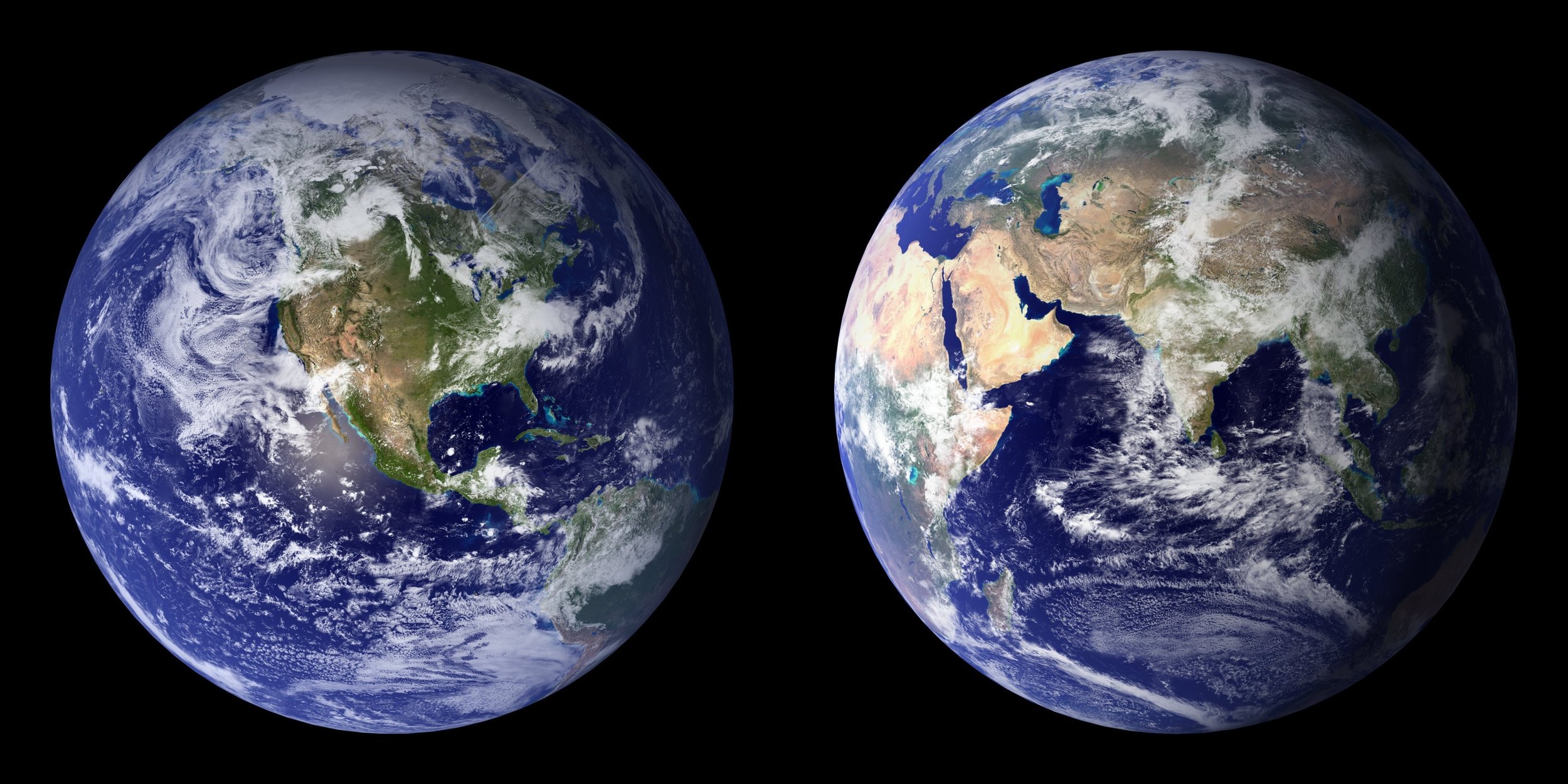WTO Warns of Global Economic Consequences: 5% of GDP at Risk
The global economic landscape is becoming increasingly fragmented, and the consequences could be severe, warns Ngozi Okonjo-Iweala, Director-General of the World Trade Organization (WTO). As the world appears to be decoupling into two trading blocs, concerns are rising about the potential fallout and economic costs. In an interview with Nikkei, Okonjo-Iweala expressed her apprehensions, pointing to the recent escalation of the Israel-Hamas conflict and its potential to disrupt global growth, particularly if it spills over into the broader Middle East, a region crucial for the world's oil and gas supply.
The Risk of Fragmentation: The WTO Director-General's concerns stem from the growing signs of fragmentation in the global economy. This phenomenon could be "very costly" for all nations involved. The repercussions of such fragmentation could extend far beyond the regions directly affected.
The Middle East Conflict's Impact: The Israel-Hamas conflict is of particular concern due to the geopolitical and economic significance of the Middle East. This region plays a pivotal role in global energy markets, a significant source of oil and gas. Any disruption in this region, Okonjo-Iweala pointed out, is bound to have a considerable impact on the global economy.
Outlook for 2024: Despite these challenges, the WTO's outlook for 2024 remains cautiously optimistic, with a projected global economic growth rate of about 3.3%. However, Okonjo-Iweala emphasized that the risks are substantial and predominantly skewed to the downside.
The 5% GDP Warning: The WTO has estimated that if the world were to split into two distinct trading blocs, the global Gross Domestic Product (GDP) could shrink by a staggering 5% over the long term. Okonjo-Iweala underscored the magnitude of this potential loss, comparing it to losing an entire economy the size of Japan.
De-Globalization Concerns: While these warnings are dire, the WTO's Director-General noted no significant indications of a broader trend toward de-globalization. Trade in goods and services continues to be substantial, with a total value of approximately $31 trillion. Despite the challenges and risks, the global economy remains interconnected.
Trade Growth Forecast: Earlier this month, the WTO revised its forecast for global trade growth in 2023, reducing it from the previous estimate of 1.7% to a lower 0.8%. This adjustment was made in response to a deepening slowdown in manufacturing and increased economic uncertainties.
Conclusion: The warnings from the WTO serve as a reminder of the delicate and interconnected nature of the global economy. While optimism for 2024 persists, the risks posed by fragmentation, geopolitical conflicts, and economic challenges are substantial. In an increasingly interconnected world, the consequences of decoupling into trading blocs are profound and could have far-reaching effects on economies worldwide.

